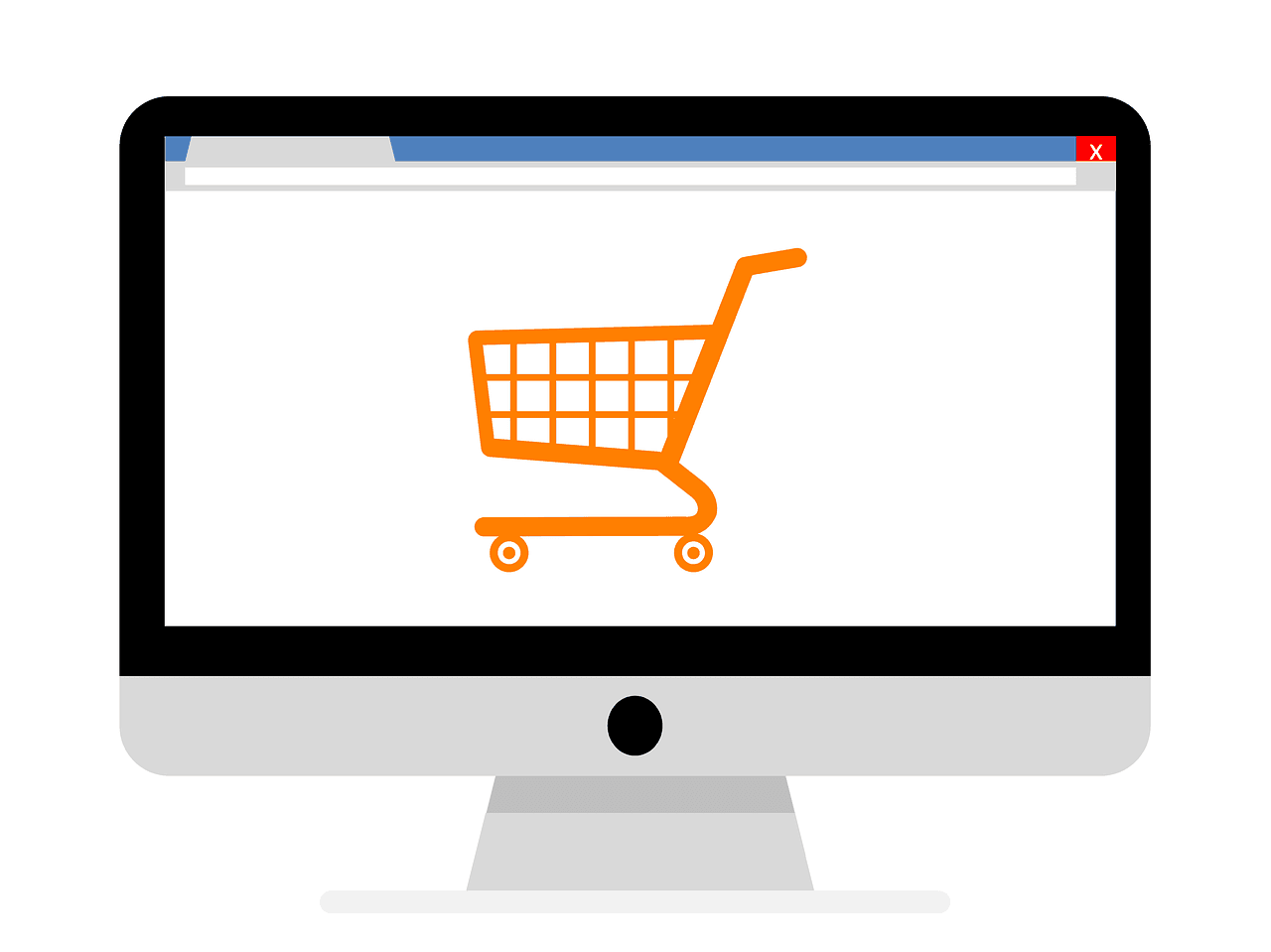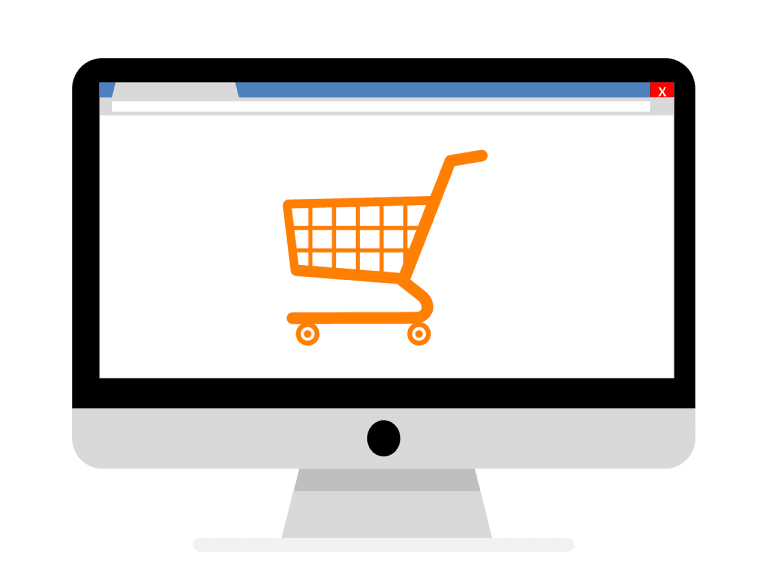Comparison of 5 Ecommerce Platforms for Small Business


Traditionally, most buying and selling was done in person in a brick and mortar store. But today’s increasingly digitalized age has caused a significant shift from an in-store to an online shopping experience. And as a result technology allowing you to build an attractive online storefront has become an essential tool for many small businesses.
The right fit between a small business and an Ecommerce platform is a critical component to the former’s success. It can be instrumental in attracting customers and converting potential buyers into life-long patrons of the business. Read on for an overview of some popular Ecommerce platforms being used in the massive shopping mall that occupies a sizable chunk of the world wide web.
Magento
An extremely popular Ecommerce platform used by an ever increasing number of businesses is Magento. It is open-source software that’s very affordable, which makes it incredibly attractive to small businesses. Key features include items such as email notifications, a great selection of themes, user profiles and sales management.
That said, Magento’s most popular feature is its open-source nature. It allows programmers to alter core code and customize Magento to do exactly what a business needs it to do. However, that customizability comes with a catch: there’s not a lot of technical support available (as is the case with OpenCart, Shopify and some others). So depending on your computer acumen, Magento might lack the level of support that you need.
OpenCart
OpenCart is another popular, open-source software. Benefits of OpenCart include the fact that it’s easy to use, can be formatted and configured in multiple languages, has thousands of visually appealing and user-friendly Ecommerce themes available and has excellent order management tools.
Unlike Magento, OpenCart provides great technical support and offers a myriad of tutorials and user guides for beginners. It also has hundreds of payment and shipping methods built right in, allowing you to do business internationally right out of the gate. Free to download, OpenCart can help your business get a storefront up in just minutes.
WooCommerce
If you’re familiar with WordPress, working with WooCommerce will likely feel quite comfortable. It is a WordPress-based Ecommerce marketing platform that is both free and open-source. Among the things that you can do with WooCommerce:
Sell just about any product imaginable
Choose your shipping preferences
Analyze detailed reports of incoming sales and reviews
Manage your inventory digitally
Market your products
Shopify
Shopify is a leader in the Ecommerce platform industry with over 100,000 storeowners using it. While it isn’t free, a basic plan at around $30 a month is affordable for many small businesses. Shopify is fast and efficient, user-friendly and doesn’t require knowing how to configure any code. Its popularity, somewhat uniform configuration and of course that its a for pay service means you won’t be lacking for technical support resources.
Shopify has some great themes to choose from, will help you with all the logistics and can help with retargeting campaigns aimed at those potential customers that visited your store but didn’t make a purchase.
osCommerce
A lot of people like osCommerce due to its many attractive features including over 7,000 add-ons, 279,981 community members and counting, amazing templates and 14 years of experience. osCommerce also offers payment services that are secure and efficient such as PayPal, Sage Pay and SecureBuy.
Lastly, osCommerce gives the storeowner a lot of control. It allows you to configure things exactly as you like them ranging from shipping to language options.

Choosing an Ecommerce Platform
If you’re a small business owner relying solely on brick and mortar, in-store purchases to create revenue, it’s time to think about incorporating online sales via an Ecommerce platform. When considering particular Ecommerce platforms, the best one for you will depend on your level of technical capabilities on the internet, your budget and your preferences and needs.
Some things to consider before taking the plunge include price and affordability, technical support, user-ease, services, availability and quality of themes and marketing and management tools. For instance, an Ecommerce platform that allows you to market your product as well as sell it may have an advantage over one that is strictly a vehicle for sales.
The majority of Ecommerce platforms (including most of those above), offer free trial periods from 14 to 30 days prior to purchase. When you’ve narrowed down your choices to a couple of platforms, taking advantage of a free trial period is an excellent method for determining the best fit for your small business. And that is what’s most important, isn’t it?
Endertech is a Los Angeles Web Developer able to provide solutions for your Ecommerce Design and Development needs. Contact us for your free consultation.
